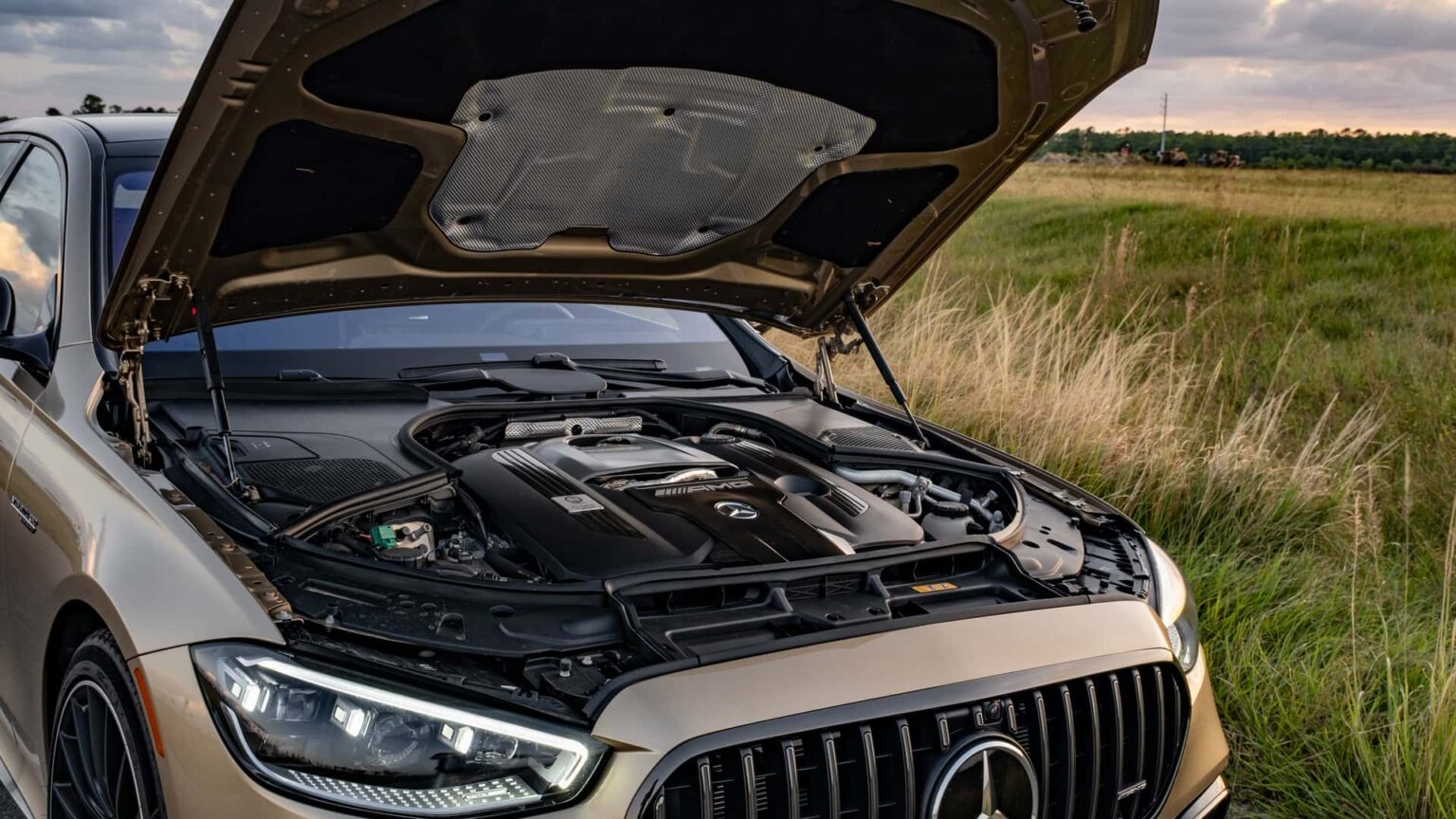Just a few years ago, Mercedes was confident about going all-in on electric vehicles in Europe. In 2021, it projected that by the end of the decade, it would stop selling cars with combustion engines “where market conditions allow.” Not only has the luxury brand dropped this ambitious goal, but it has also taken a 180-degree turn. Without ICE vehicles, the company’s head honcho believes the local automotive industry will “collapse.”
In an interview with the German business newspaper Handelsblatt (subscription required), Ola Källenius warned that if the EU’s sales ban on new combustion-engine cars remains in place for 2035, Europe’s automotive industry will implode:
“We need a reality check. Otherwise, we are heading at full speed against a wall. Of course, we have to decarbonize, but it has to be done in a technology-neutral way. We must not lose sight of our economy.”
Photo by: Motor1.com
The Mercedes boss, who is also president of the European Automobile Manufacturers’ Association (ACEA), cautions that the continent’s car industry will “collapse” if the EU doesn’t drop the ban. Before regulators outlaw new ICE vehicles, Källenius predicts customers will rush to buy gas and diesel cars ahead of the deadline, set to take effect in nine and a half years, which “doesn’t help the climate at all.”
Electric vehicles are nowhere near the 100 percent market share the EU wants to impose. In the first half of the year, cars without a combustion engine accounted for just 17.5% of total sales in EU countries, the UK, and the European Free Trade Association (EFTA) nations, namely Iceland, Liechtenstein, Norway, and Switzerland. ACEA data also shows that plug-in hybrids represented only 8.7 percent of total deliveries. Traditional hybrids made up 35 percent, but that figure includes mild-hybrids, which many would argue are not “true” hybrids.
The EU’s 2035 ban is not set in stone, as it is scheduled for review in the coming months. However, as recently as March, the European Commission (EC), the EU’s executive arm, reaffirmed its commitment to 0 g/km CO₂ emissions for new cars sold from the middle of the next decade. At the time, the EC said it would “accelerate work on the preparation of the foreseen review of the CO₂ Standards Regulation for cars and vans,” signaling a possible earlier reassessment of the ban.
Photo by: Mercedes-Benz
Mercedes has reason to be concerned about the potential impact on its business. EV sales accounted for only 8.4 percent of its global shipments in the first half of 2025, down from 9.7 percent in the same period of 2024. Even when including PHEVs, electrified models made up just 20.1 percent of total deliveries in the first six months of the year.
Whether common sense will prevail remains to be seen, but given the strong opposition the EU is facing, there is hope the ban could be eased to some extent. We wouldn’t be surprised if, at the very least, plug-in hybrids and maybe full hybrids continue beyond 2034.
Read the full article here


